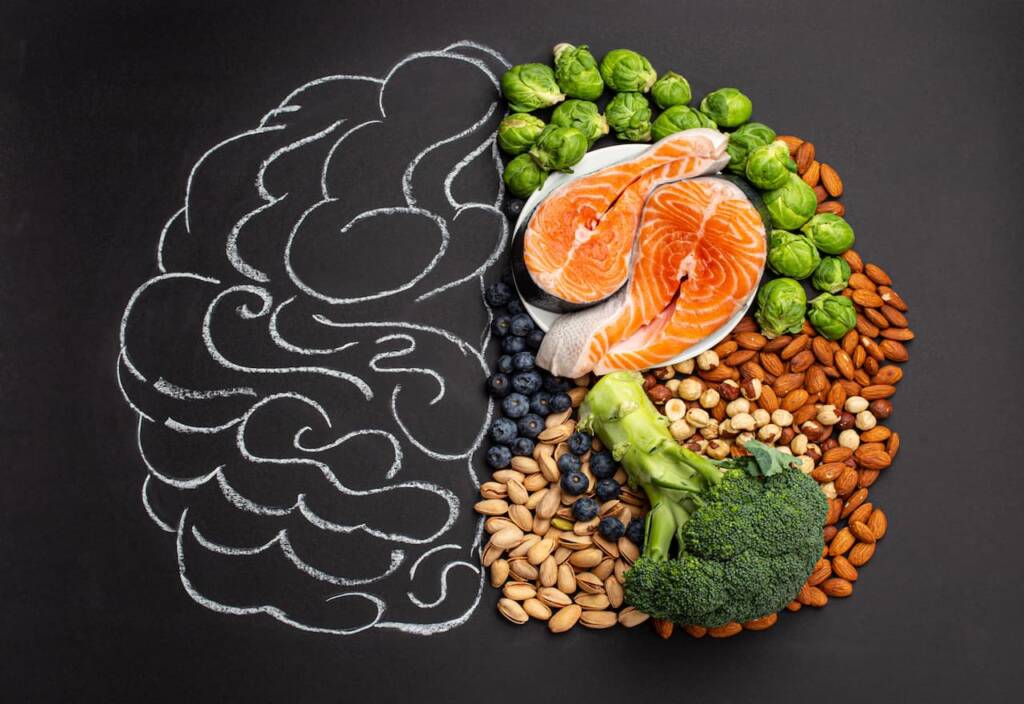Food and Its Profound Impact on Human Lifestyle
In the modern world, where convenience often trumps quality, food has become more than just a source of sustenance. It is a reflection of culture, a determinant of health, and a driving force behind our daily behavior. The choices we make in our diets can either enhance our lives or silently deteriorate our physical and mental well-being. Understanding the intricate relationship between food and lifestyle is key to leading a healthier, more balanced life.

1. Physical Health: Building or Breaking the Body
The human body is like a finely tuned machine, and food is its fuel. A nutrient-rich diet provides essential vitamins, minerals, proteins, healthy fats, and carbohydrates, all of which work together to ensure the body’s systems function optimally.
Healthy eating habits can:
- Strengthen the immune system
- Reduce the risk of chronic diseases (e.g., heart disease, diabetes, obesity)
- Improve digestion and metabolism
- Maintain optimal weight and energy levels
In contrast, diets high in processed foods, sugars, and unhealthy fats are strongly linked to numerous health problems. Over time, poor nutrition contributes to fatigue, weight gain, and increased susceptibility to illness, affecting not just longevity but quality of life.

2. Mental Health and Emotional Well-being
What we eat doesn’t only affect our body — it deeply influences our brain. Recent studies in nutritional psychiatry show that diets high in whole foods and low in processed sugars are associated with lower risks of depression and anxiety.
For example:
- Omega-3 fatty acids (found in fish, walnuts, flaxseeds) support brain function and mood regulation.
- Complex carbohydrates (such as oats, brown rice) promote the release of serotonin, the “feel-good” hormone.
- Antioxidant-rich foods (berries, leafy greens) protect brain cells from oxidative stress and improve cognitive function.
On the other hand, heavily processed foods and high sugar intake have been linked to mood swings, irritability, and even cognitive decline over time.

3. Productivity and Daily Performance
The food we consume plays a direct role in our concentration, energy levels, and overall productivity. A balanced breakfast, for instance, can kickstart metabolism and improve focus throughout the day.
Here’s how different foods affect performance:
- Lean proteins (chicken, legumes, eggs) help maintain energy without causing drowsiness.
- Fruits and vegetables provide essential nutrients that keep us alert and energized.
- Hydration is equally important — even mild dehydration can lead to fatigue and reduced alertness.
Skipping meals or relying on caffeine and sugar for quick energy boosts often leads to crashes and decreased efficiency.

4. Food and Social Behavior
Food is at the heart of most social interactions. From festive dinners to casual meet-ups, the act of sharing meals fosters community, strengthens relationships, and even affects our mental state.
In many cultures, mealtime is a time for connection, reflection, and tradition. These social aspects of eating can encourage healthier habits, such as mindful eating, slower consumption, and trying diverse, nutrient-rich cuisines.
Conversely, solitary or distracted eating — especially in front of screens — can lead to overeating, poor digestion, and a disconnection from our body’s natural hunger signals.
Conclusion: A Holistic Approach to Food
Food is one of the few elements that touches every part of our life — from our morning routine to our social connections, from physical strength to emotional resilience. Choosing nourishing, balanced meals isn’t just a dietary decision — it’s a lifestyle commitment. When we begin to view food as medicine, as energy, and as a tool for living well, we unlock the potential for a healthier, happier life.



